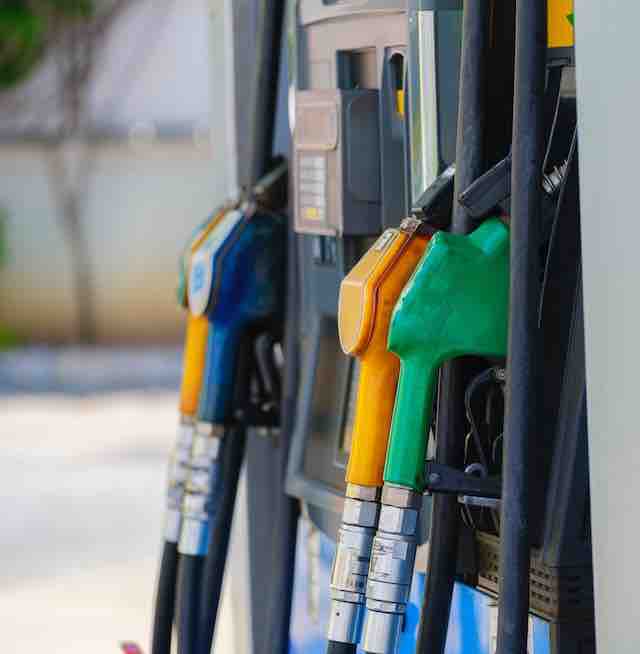As the summer sun intensifies, so does the heat at the gas pump in Florida. In recent months, the state has witnessed an alarming surge in gas prices, reaching their highest levels this summer. This sudden increase has left many residents and tourists in shock, wondering what has led to such a steep rise. In this blog post, we delve into the reasons behind the Florida gas price surge and offer valuable insights on how to navigate the challenges of soaring fuel costs.
Several factors have contributed to the dramatic rise in gas prices in the Sunshine State this summer. The foremost reason is the global increase in crude oil prices, which sets the foundation for gasoline costs. Political tensions in oil-producing regions, supply chain disruptions, and fluctuating demand have all played a significant role in driving up these prices.
Furthermore, the peak summer travel season has seen a surge in tourism in Florida, leading to a higher demand for fuel. Increased road trips, family vacations, and leisure travel have amplified the consumption of gasoline, putting additional pressure on the already strained market.
While the surge in gas prices may seem overwhelming, there are various ways Floridians and visitors can cope with the situation:
Carpooling and Ridesharing: Consider carpooling or using ridesharing services to share fuel costs with others traveling in the same direction. This not only reduces individual expenses but also helps lower the overall demand for gasoline.
Public Transportation: Embrace public transportation options whenever possible. Utilize buses, trains, or subways to commute within cities or explore popular tourist destinations in Florida. Public transit is not only cost-effective but also reduces the environmental impact of your travels.
Fuel Rewards Programs: Many gas stations and grocery store chains offer fuel rewards programs. These loyalty programs allow you to accumulate points or receive discounts on gas purchases, helping you save a few cents per gallon.
Vehicle Maintenance: Regularly maintain your vehicle to ensure it runs efficiently. Proper tire inflation, timely oil changes, and engine tune-ups can improve fuel efficiency, ultimately reducing your overall gas consumption.
Hybrid or Electric Cars: If you are in the market for a new vehicle, consider investing in a hybrid or electric car. Though they might have a higher upfront cost, their long-term savings on fuel expenses can be substantial.
Plan Efficient Routes: When traveling long distances, plan your routes efficiently to avoid unnecessary detours and congestion. Utilize GPS apps that suggest fuel-efficient paths to optimize your travel expenses.
Adjust Driving Habits: Adopt fuel-saving driving habits, such as maintaining a steady speed, avoiding sudden accelerations and braking, and turning off the engine during prolonged stops.
As Florida experiences a record-breaking surge in gas prices this summer, it’s crucial to stay informed about the factors contributing to this rise and implement effective strategies to cope with the escalating fuel costs. By adopting fuel-saving habits, considering alternative transportation options, and taking advantage of fuel rewards programs, you can mitigate the impact of rising gas prices on your budget. Remember, small adjustments in your daily routine can lead to significant savings in the long run, while also contributing to a more sustainable future.












